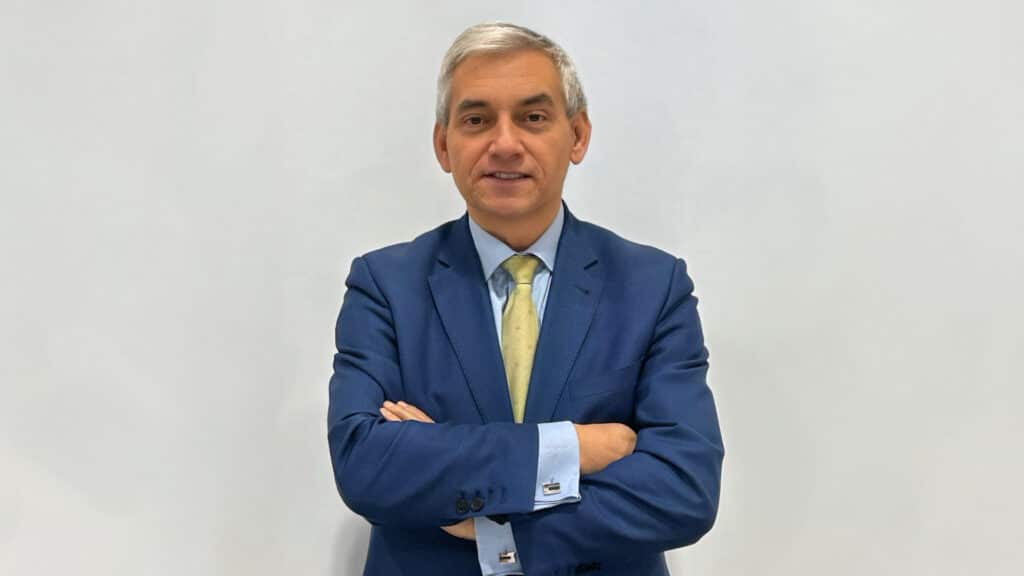Kazakhstan can become one of the global critical mineral leaders, expert says

Xcalibur Smart Mapping, a Madrid-based global leader in the airborne and mapping geophysics industry, offers Kazakhstan the opportunity to conduct large-scale mapping of its territory. According to Xcalibur CEO Andres Blanco, the process could take up to six years, providing exploration companies with up-to-date data.
In Kazakhstan, the head of Xcalibur believes the project’s potential budget could be around $250 million. In this case, the company may use 10 of its aircraft and complete the project within 5 to 6 years. As a result, Kazakhstan would receive geophysical mapping data comparable to that of Australia, one of the global leaders in mineral exploration. According to Blanco, the company is already negotiating with the Karaganda airport to use it as an air base for its research aircraft.
«Our recommendation is to map the entire country, because the data will be sufficient for various areas, such as hydrogen, groundwater and mineral resources,» he said.
Xcalibur is currently negotiating and discussing technical issues with KAZ Minerals, ERG, Kazatomprom, KazMunaiGas, QazaqGaz and other companies in Kazakhstan, as mapping is crucial for identifying the potential of sites and making proper investment decisions.
The company also plans to create a research laboratory in Kazakhstan, which will be used as a hub for all of Central Asia. So far, the company has such laboratories in Spain, the U.S. and Australia.
In 2023, Xcalibur signed a memorandum with Kazakhstan’s National Geological Service to conduct regional geophysical research. In 2024, it signed a similar document with the Ministry of Water Resources and Irrigation to carry out airborne geophysical mapping of groundwater deposits in the south of the country and the Kokzhide field in the Aktobe region. Xcalibur believes this is a good start for conducting larger-scale research in the country using the latest exploration technologies.
The expert highlighted that, against the backdrop of energy transition, competition for the possession of critical minerals and investment in their exploration and extraction is rapidly increasing. This leads not only to a fight between individual companies but also between countries.
He also believes that Kazakhstan’s government should ramp up its investment in geophysical research, as it can easily obtain up to $150 in private investments per $1 of initial spending on mapping. This is important, as the quality of the initial geological data a country can provide to investors is something they take into account when choosing where to invest money.
«The amount of money on the market is limited, so investors must choose where to invest. The more information the country possesses, the better, as investors may consider such a country less risky for investing,» he said.
Under these conditions, countries that have decided to conduct large-scale studies of their mineral resources and provide this information to investors will ultimately prevail. And by doing this, Kazakhstan is going to compete with all of Europe, China, the U.S., Canada and Australia, which have already invested a lot in mapping and exploration.
«I am convinced that Kazakhstan can become a world leader both at the country level and at the company level. Even though it will be very difficult to reach the level of Australia or Canada, it can be very close to them,» Blanco said.
Xcalibur operates all over the globe, providing mapping services to companies such as Fortescue (Australia), Arras Minerals (Canada), Teck Resources (Canada), East Star Resources (UK), Yildirim (Turkey), Pallas Resources (Canada) and Ivanhoe Mines (Canada).


